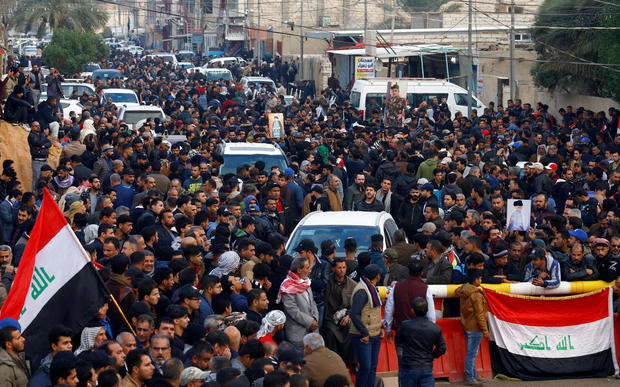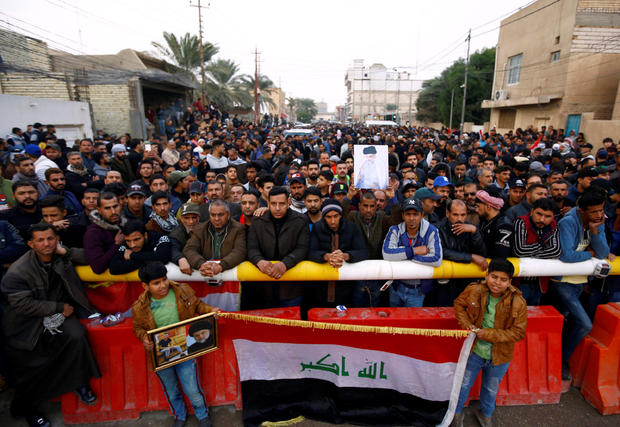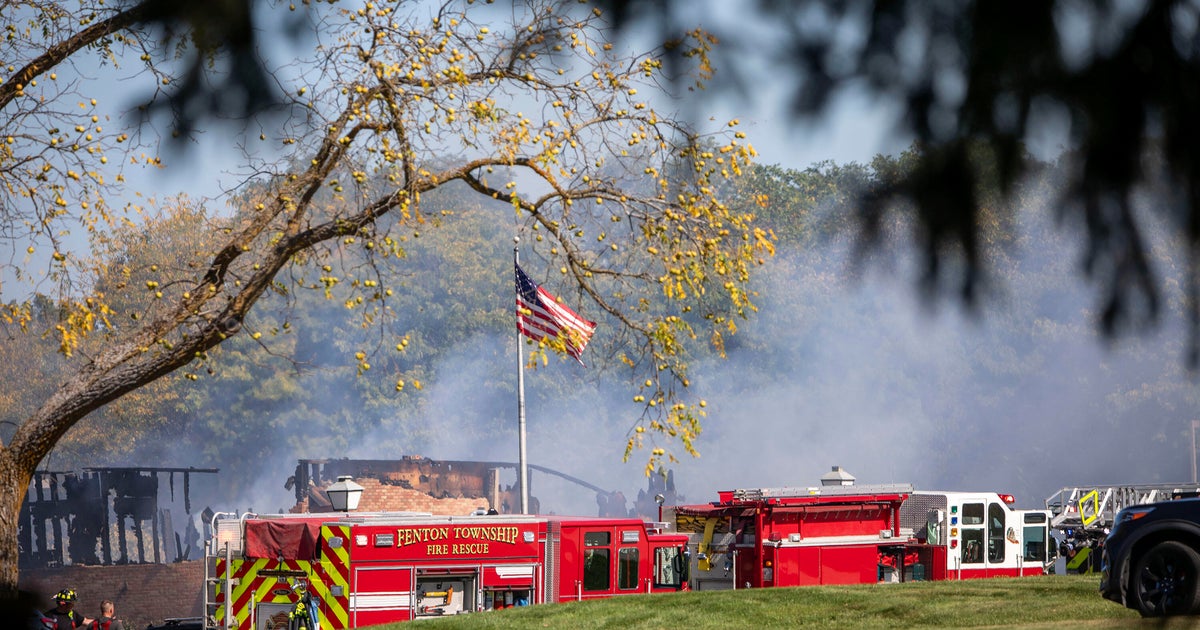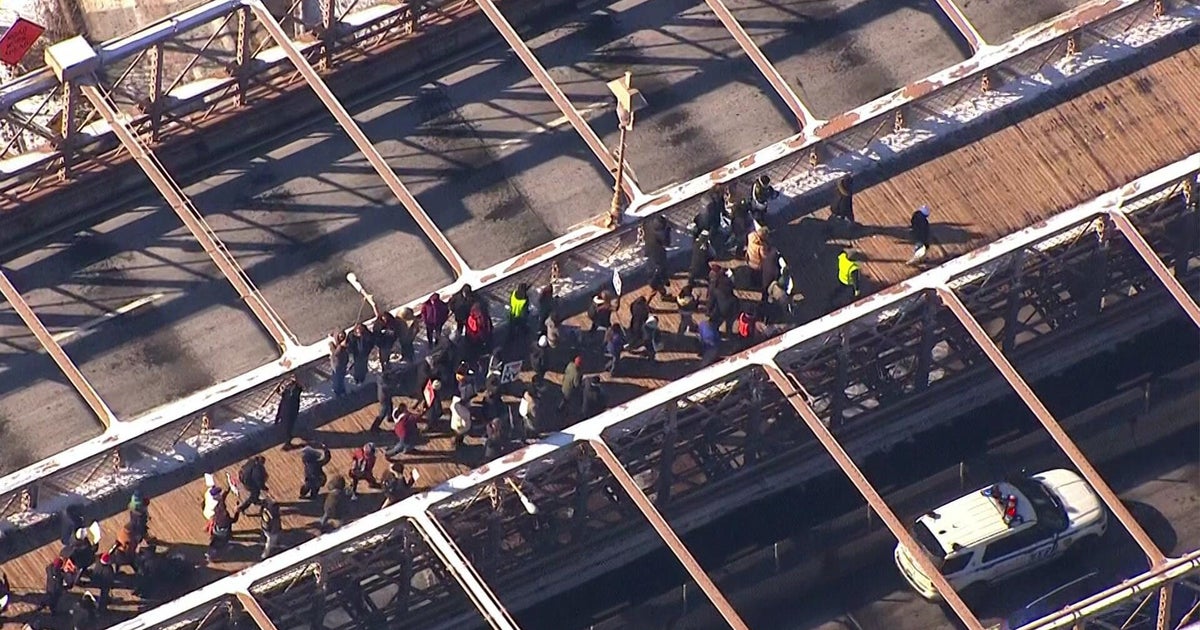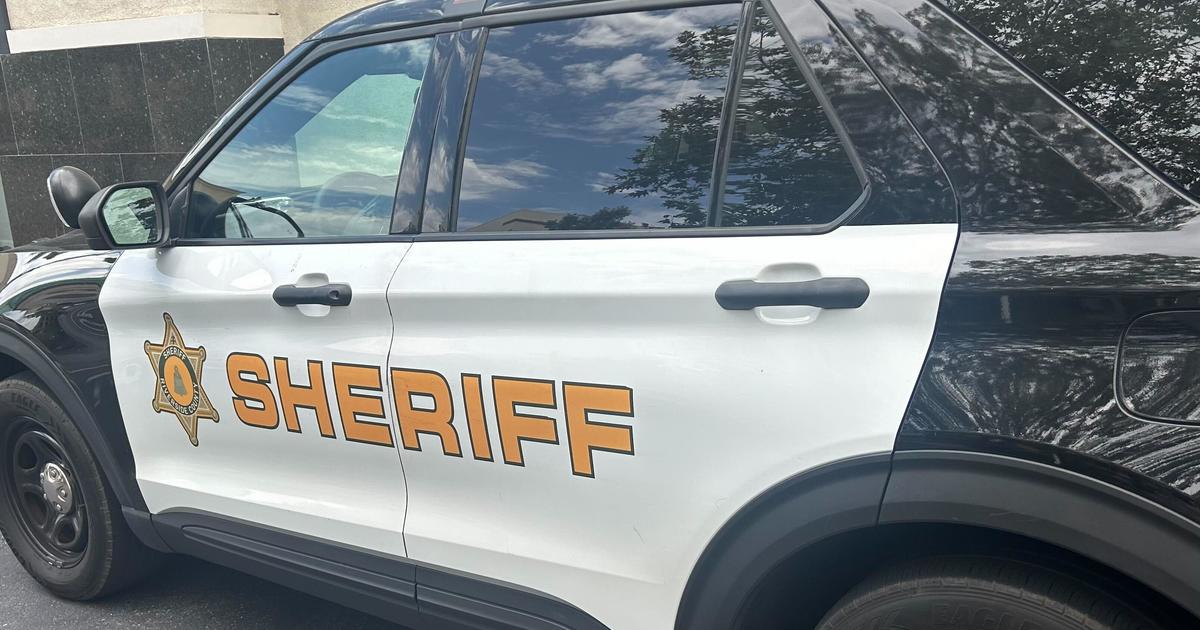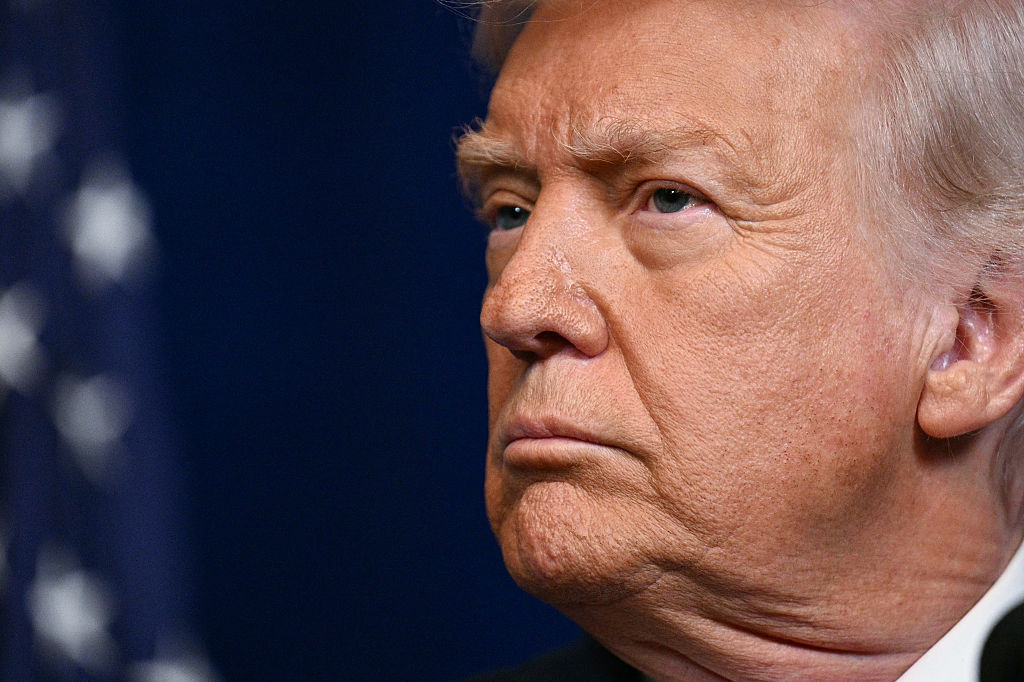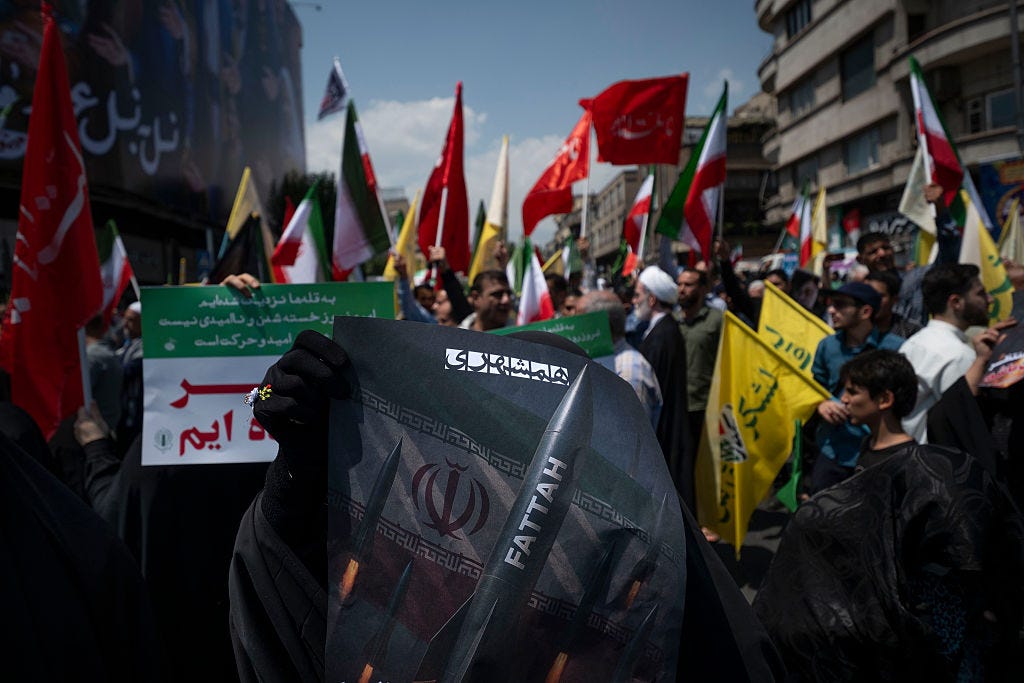25 dead after bloody night of attacks by gunmen targeting demonstrators in Iraq
Iraqi officials said Saturday the casualty toll had risen to 25 dead and 130 wounded after a bloody night of attacks by unknown gunmen that targeted anti-government demonstrators in the capital. Three among the dead were policeman and the rest were protesters, officials said.
Influential Shiite cleric Muqtada al-Sadr, the head of parliament's Sairoon bloc, said a drone had targeted his home in the holy city of Najaf on Saturday, according to statements from the political party.
The health and security officials spoke on condition of anonymity in line with regulations.
The attack Friday was among the deadliest since October 1, when thousands of Iraqis took to the streets calling for sweeping political reforms and the end of Iran's influence in Iraqi affairs. Security forces regularly use live rounds and tear gas to disperse the demonstrations, leading to heavy casualties.
The gunfire continued until the early hours Saturday. The assailants first unleashed the deadly assault on Baghdad's Khilani Square and Sinak Bridge, driving through the areas that are the epicenter of the popular uprising. Protesters said the electricity in the square was cut, creating chaos as they ran from the bullets and took cover in nearby mosques and streets.
The attack included the burning of a car park that demonstrators had converted into a base for their sit-in, while surrounding buildings in the square were pockmarked with bullet holes. On Saturday, protesters raised a bloodied white flag as they sought to return to the scene.
One was seen collecting the spent cartridges, and he held out at least a dozen.
Anti-government activists have sought to blame supporters of Iran-backed Iraqi militias, which have staged similar attacks against protester sit-ins in the capital and the country's southern cities.
A string of mysterious knife attacks against anti-government protesters also occurred on Thursday in the square, after supporters of the Iran-backed militias attempted their own rival demonstration before withdrawing.
Friday's deadly attacks came hours after Washington slapped sanctions on the head of Asaib al-Haq, a powerful Iran-backed militia accused of being behind deadly sniping attacks on protesters. The U.S. Treasury sanctioned leader Qais al-Khazali, his brother Laith al-Khazali, who is a commander in the group, and Husain Falih Aziz al-Lami.
Iraqi security forces were deployed to streets leading to the square by the early morning.
Nassar al-Rubaie, head of Sairoon's political committee, decried the drone attack on al-Sadr's home, in televised remarks, and called for an emergency parliamentary session to discuss the violence in Khilani Square.
Al-Sadr has supported the protests by sending his followers to Tahrir Square under the pretext of protecting them. Saraya Salam, a militia group under his control, known as the "blue hats" by anti-government protesters, had cut off roads leading to Tahrir during the Friday hostilities.
